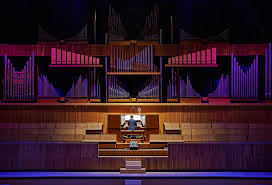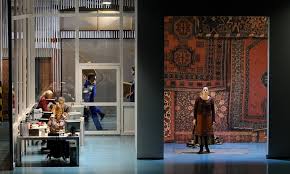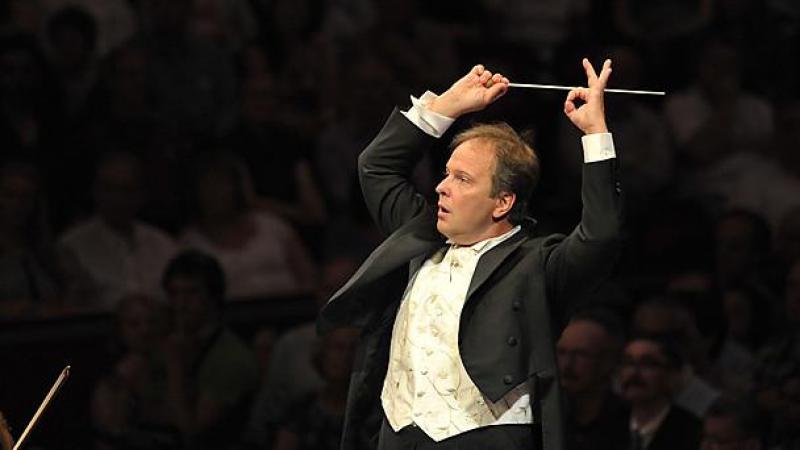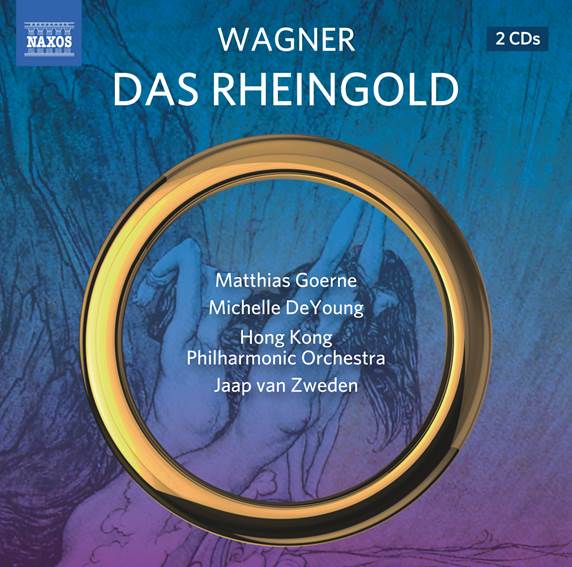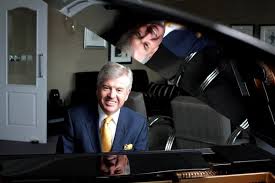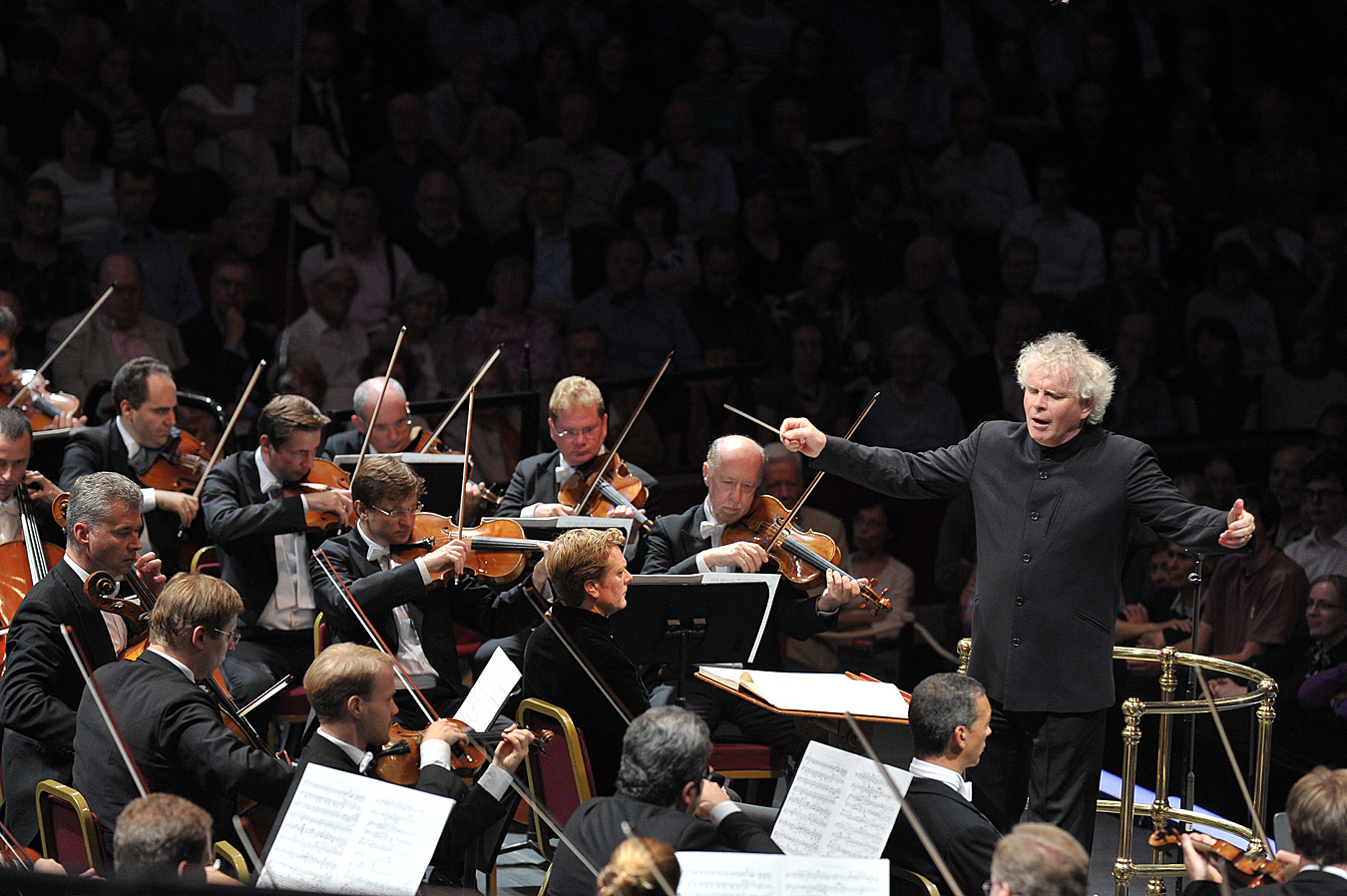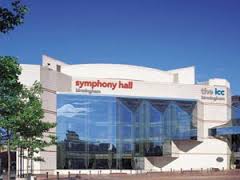International organ series – Royal Festival Hall, 24 September 2015
It takes brave programming to open an organ series with a set of songs accompanied by acoustic guitar and piano. I am sure there was much puzzlement throughout the audience at this stage but the sequence of music that was to unfold during the evening was wonderfully diverse, yet brilliantly connected.
Bedroom Community is a collective of musicians founded by Valgeir Sigurdsson in Iceland in 2006. This group links musicians from across the world and allows their differing disciplines to cross pollinate in a highly creative fashion. As well as giving live performances the group has its own record label.
James McVinnie is well known as a solo organist and for his work with other musicians. He has held organ posts at Westminster Abbey and St Paul’s Cathedral. His association with Bedroom Communiuty is allowing him to further develop his interest in new repertoire and in promoting the organ in a wider sphere.
Following on from the opening songs by Puzzle Muteson a complete contrast was presented with Ben Frost’s There are no others, there is only us, a beautifully evocative piece for solo double bass and electronics, accompanying visuals of massed birds in flight.
The pre-concert talk highlighted themes of repeated structures (including song forms, ostinato and other minimalist techniques). These opening items served as an introduction to some of these ideas and the double-bass also brought us close to some of the deep tones of the organ pedals which were soon to be heard.
There was much new music throughout the evening, including the well formed set of three pieces by Nico Muhly – an organ solo, Rev’d Mustard his installation prelude, a piece for solo viola, Etude 3 and the last for the brilliantly paired marimba and organ, Beaming Music. It was refreshing to hear the organ being used alongside such different solo instruments – both were very effective partners.
Another musical element of the performance was the use of live electronics where sounds previously played were sampled and then manipulated as they were played back. This allowed for denser textures to be created as well as echos and loops that created an otherworldly impression. One example of this was the Bach chorale Ich ruf zu dir. This was played in conventional fashion on the organ and then developed by the addition of viola da gamba and live electronics, drawing on aspects of the original material and morphing it into something completely new by Valgeir Sigurdsson, I call to you.
Two large scale organ solos were highlights of the evening – Bach’s majestic Passacaglia & Fugue in C minor and Philip Glass’ Mad Rush. Both were played with sensitivity as well as grandeur demonstrating James McVinney’s musicality and practical understanding of this instrument. (He gave one of the opening recitals in last year’s post-restoration series.) Mad Rush was a particularly thrilling, but not overpowering, performance.
The evening ended with a set of three pieces by Valgeir Sigurdsson, involving the whole ensemble. After a more meditative period the proceedings came to a close in upbeat celebratory style. It is clear that as well as the expertise and passion of all concerned one of the great strengths of Bedroom Community is its basis in genuine friendships that were very much in evidence throughout.
A bold experiment that really delivered!
Stephen Page

